Achieving optimal digestive health involves nurturing a robust population of gut microbes. Explore the various health advantages provided by the beneficial bacteria and yeasts in your gut microbiome, collectively referred to as probiotics.
What Are Probiotics?
Probiotics refer to the helpful bacteria found in fermented foods or available as supplements. These can offer several benefits, including:
- Balancing digestion
- Preventing and treating diarrhea
- Enhancing mental health
- Boosting heart health
- Alleviating eczema
- Relieving IBS and IBD symptoms
- Strengthening the immune system
- Aiding in weight loss
- Helping to prevent cavities
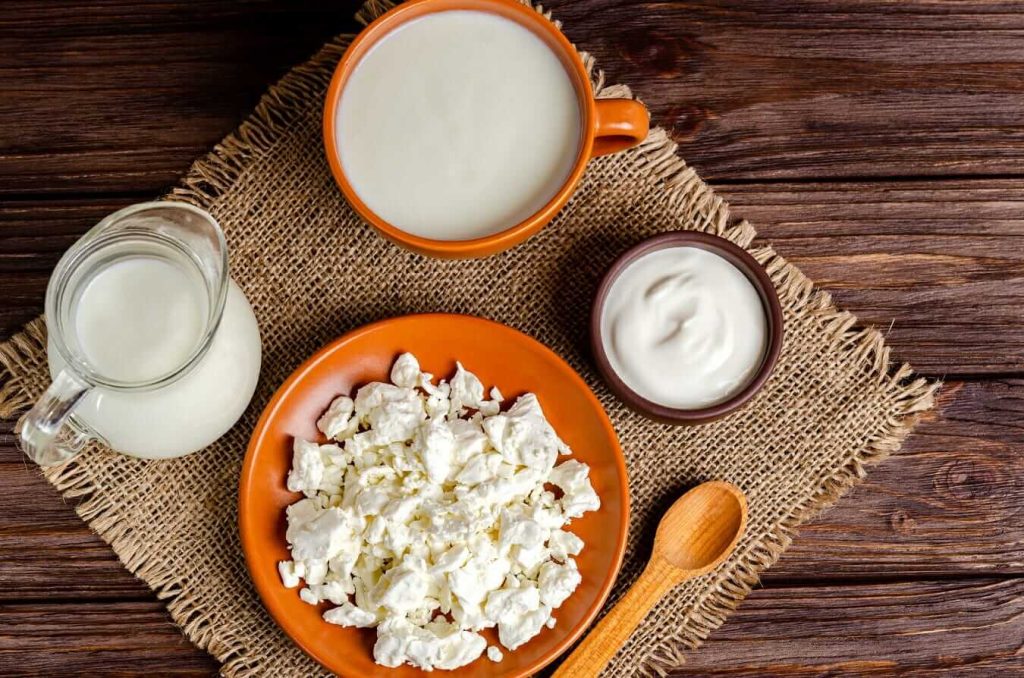 The Role of Probiotics
The Role of Probiotics
Probiotics are renowned for their ability to maintain balance in your gut microbiome. Studies indicate that gut health is linked to various other body functions, such as those involving the brain, heart, skin, and teeth.
Anti-Diarrhea Benefits of Probiotics
A healthy gut generally correlates with healthy digestion. Research has shown that probiotics significantly reduce the risk of diarrhea. A 2017 meta-analysis indicated that probiotics could prevent diarrhea caused by antibiotics, which often wipe out beneficial bacteria along with harmful ones. Some studies even suggest that probiotics can help prevent travelers’ diarrhea.
 Probiotics and Mental Health
Probiotics and Mental Health
While more research is needed, some studies have found positive links between probiotics and improvements in mood disorders. For instance, a 2015 study showed that participants consuming probiotic-rich foods and supplements reported feeling significantly less depressed.
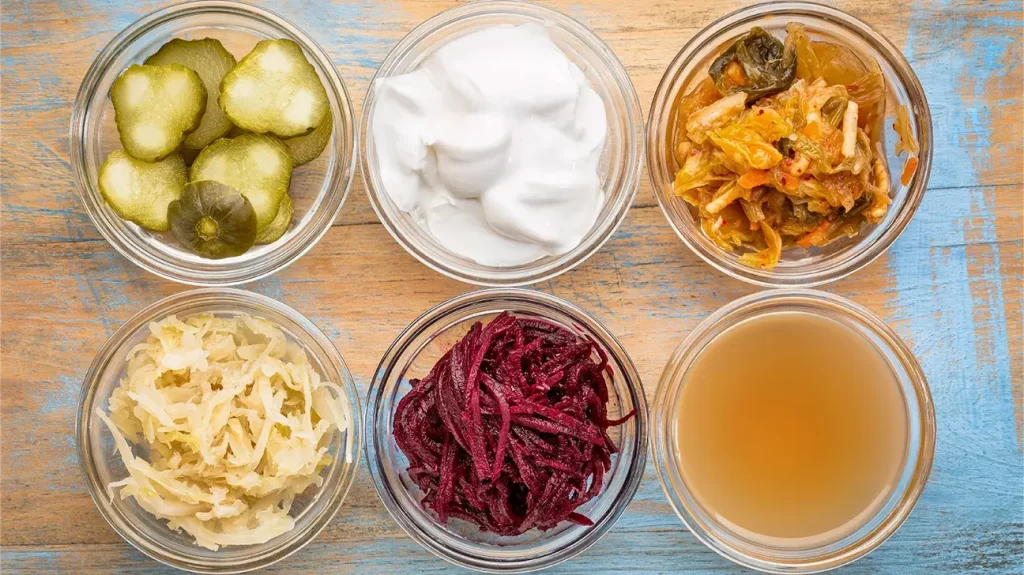 Cardiovascular Benefits of Probiotics
Cardiovascular Benefits of Probiotics
If you’re dealing with high cholesterol or blood pressure, probiotics might help. They have been associated with reduced LDL cholesterol levels, healthier blood pressure, and decreased body fat. Keeping probiotic-rich foods like yogurt and kombucha in your diet may benefit your cardiovascular system.
Probiotics for Skin Health
Probiotics offer potential benefits for skin conditions like eczema. While more research is needed, some studies suggest that probiotic supplements during pregnancy can reduce eczema rates in infants.
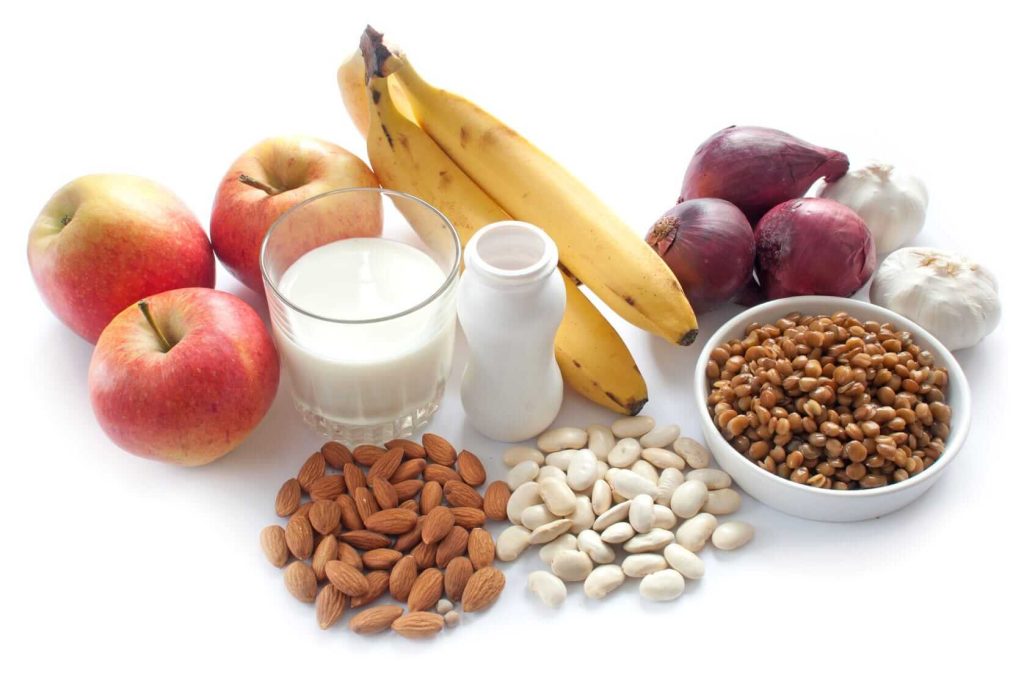 IBS and IBD Symptom Relief
IBS and IBD Symptom Relief
While there is no current cure for inflammatory bowel disease, probiotics may ease some symptoms. Certain strains have shown positive outcomes in treating mild cases of ulcerative colitis, irritable bowel syndrome, and even necrotizing enterocolitis in premature infants. Further research is needed to identify the most effective strains and their exact benefits.
Immune Support from Probiotics
Although you can’t simply “boost” your immune system, creating optimal conditions for health is crucial. Probiotics promote a healthy gut and digestive system, leading to fewer respiratory and urinary tract infections.
 Weight Management
Weight Management
Some probiotics have been linked to weight management, with certain strains associated with weight loss and others with weight gain. For example, Lactobacillus gasseri has been linked to reduced abdominal fat, and Lactobacillus rhamnosus has shown potential for weight reduction in women.
Dental Health
Probiotics might also help maintain oral health by controlling harmful bacteria in the mouth. Although more research is needed, consuming probiotic-rich foods could assist in preventing tooth decay.
Foods Rich in Probiotics
Boost your gut health with the following probiotic-rich foods:
- Yogurt
- Pickled vegetables
- Tempeh
- Miso
- Sauerkraut
- Kimchi
And these drinks:
- Kefir
- Kombucha
- Drinkable yogurts
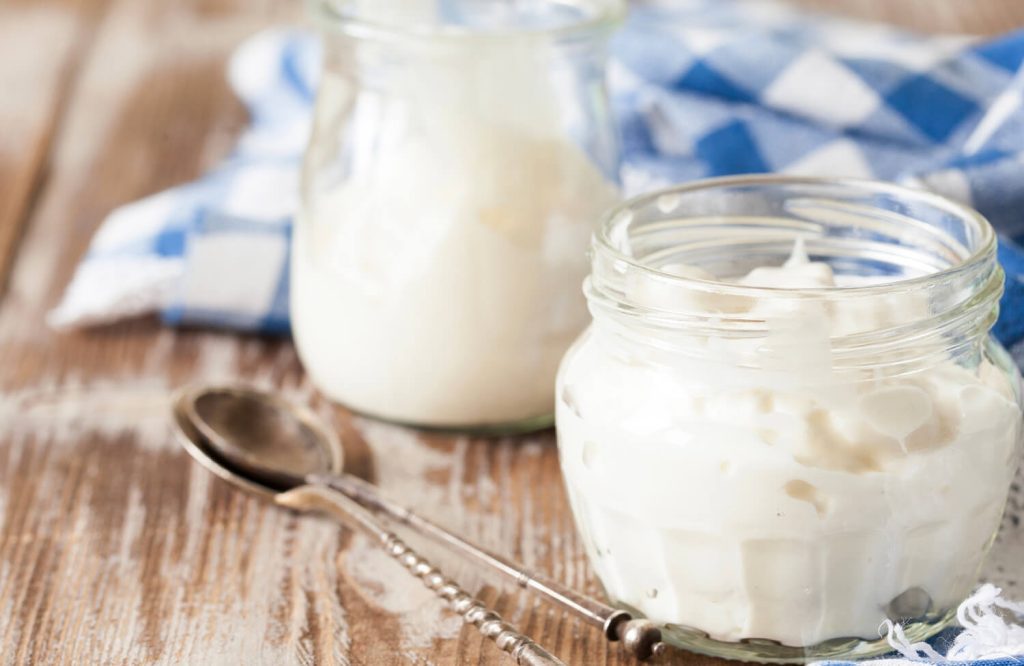 Choosing Probiotic Supplements
Choosing Probiotic Supplements
When considering supplements, prioritize food sources but also find supplements that fit your lifestyle. Consider:
- Type: Available in powder, tablet, or capsule form.
- Purpose: Choose strains that help with your specific condition.
- Quality: Look for supplements with live cultures.
- Storage: Keep refrigerated if required.
For optimal health benefits, always consult your doctor before starting probiotics, especially if you have preexisting conditions.
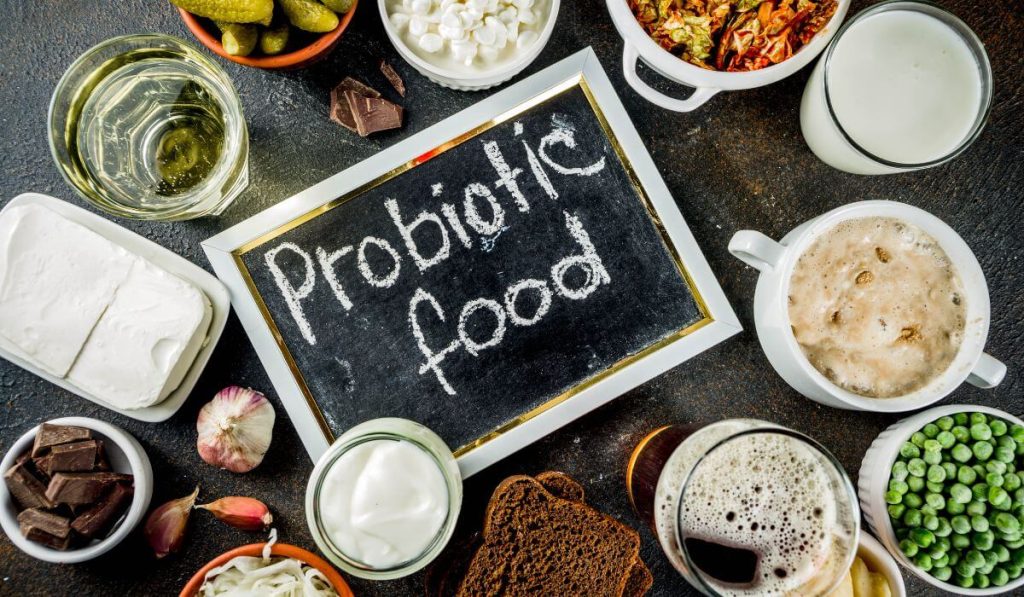 Safety
Safety
Experience the reassurance that comes with adding probiotics to your daily routine. Most probiotic strains pose little risk, but it’s advisable to consult your doctor before starting them, especially if you are on prescription medications or have immune-related conditions.
Quality
To maximize the effectiveness of probiotics, choose products containing live cultures. Check reviews and ratings from other users to find the best brands available.
Storage
For certain probiotic types, refrigeration ensures they remain fresh and potent. Follow the label’s instructions carefully for the best results.
In Conclusion
Explore the benefits of probiotics, which are live bacteria that complement the natural flora in your digestive tract. Whether consumed through food or supplements, they offer numerous health advantages—from alleviating digestive issues to supporting weight management, thereby enhancing your overall wellness.
Elevate your body’s probiotic levels by enjoying foods rich in these beneficial bacteria. Consider adding a high-quality probiotic supplement known for its proven strain to help address specific health concerns. Remember to talk with your healthcare provider before introducing any new supplements to your diet.

















